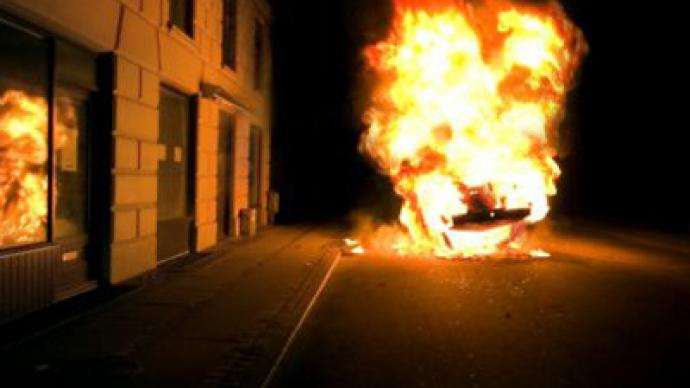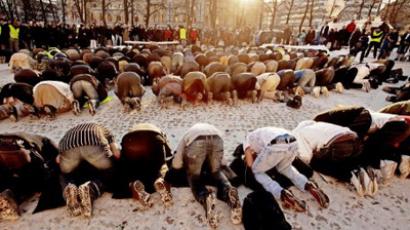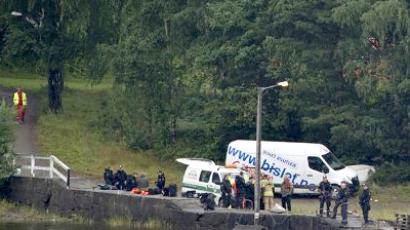West overlooked home-grown extremism – analyst

With so many terrorist threats from extremists in Arab countries, it is no wonder that thoughts automatically turn to radical groups when bombs go off. But it looks as if politicians will have to reassess their assumptions.
“I think what [the double terror act in Norway] does represent is that the very real threat by home-grown right-wing extremism has been overlooked. And this has really been overlooked in most Western countries and the US,” Justin Dargin, a research fellow with the Dubai Initiative, told RT.Many European countries have seen a resurgence of anti-immigration rhetoric and a demise in support for multiculturalism, he continued. So individuals are becoming “self-radicalized” in response to this environment. The EU’s financial crisis has also prompted people to take out their frustrations on newly-arrived immigrants, Dargin said, adding that we can expect to see more acts of this nature.
Security analyst Chris Yates thinks that Norway was just not prepared for this type of crisis. “We are talking about possibly a lack of resources,” he told RT. “The European organization has said they are setting up a group of 60 or 70 experts to aid police forces across Europe and looking inward, as opposed to outward. The question is why this was not done before. There are a number of reports you can read on the internet that suggest that the rise of right-wing extremism in Europe has been prevalent for a number of years.”Norway's immediate reaction was to re-impose border controls, following Denmark's lead a few weeks ago. The move was heavily criticized by other EU leaders. But Yates believes Norway is still doing the right thing.“The issue of open borders across Europe has been on the table for some time now, given the influx of immigrants from North Africa, and the actions in Libya and Egypt, which has caused many problems across the region,” said Yates. “So we need to get a tight grip on border control. What Norway has done within these past 24 hours is precisely that. Given that there is a national crisis, they have temporarily closed their borders,” he concluded.
Political journalist Nabila Ramdani says the Norwegian attacks have revealed that governments tend to first explore links with international terrorism, especially as it relates to Islamic terrorism, before considering domestic leads.“This is an unfortunate and direct consequence of Bush’s war on terror. It helped frame the public’s attitude to terror attacks,” Ramdani told RT.Ramdani believes the face of Europe will be changed in the wake of these attacks.“There will be an emphasis on more security, and security will be tightened in every form,” she said. “But what will be more effective is to have more democracy. The prime minister’s approach is very appropriate. He said the key will be to have an environment where tolerance and respect will prevail.”














